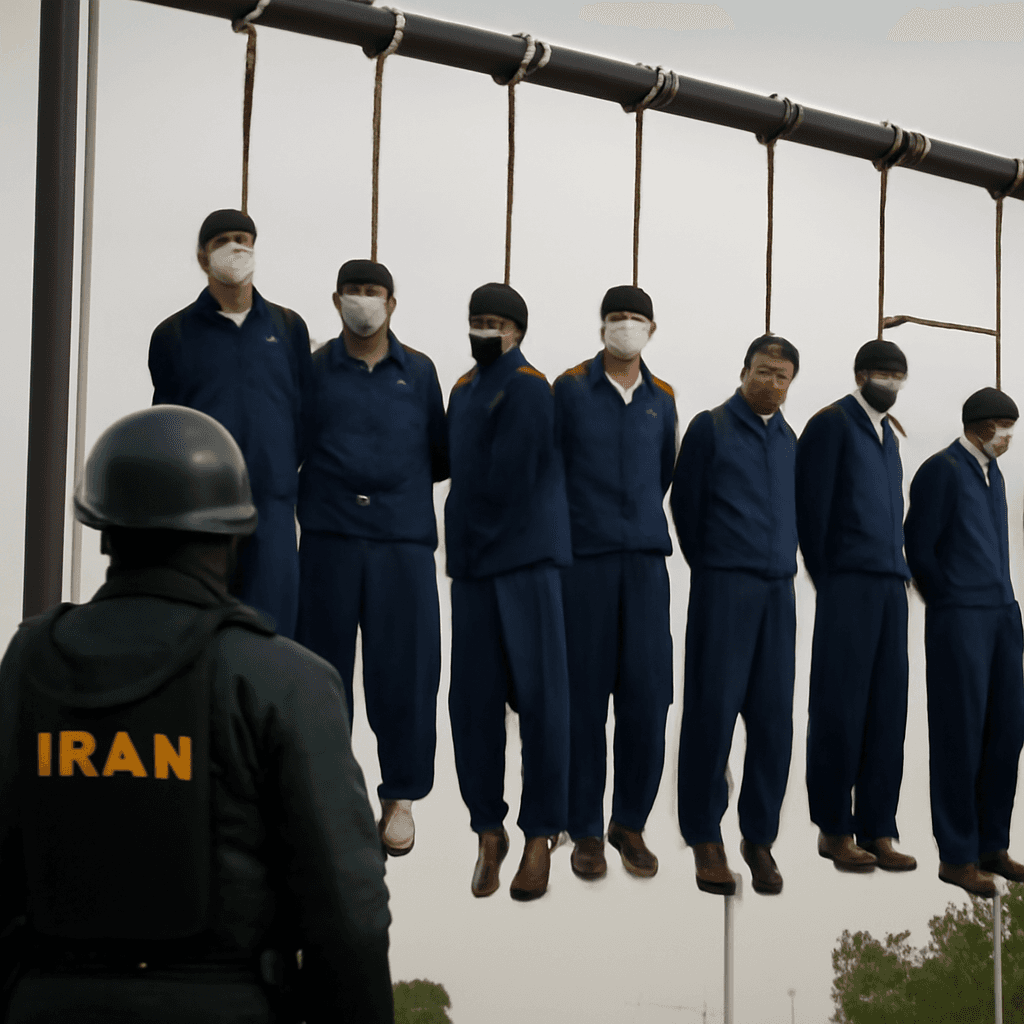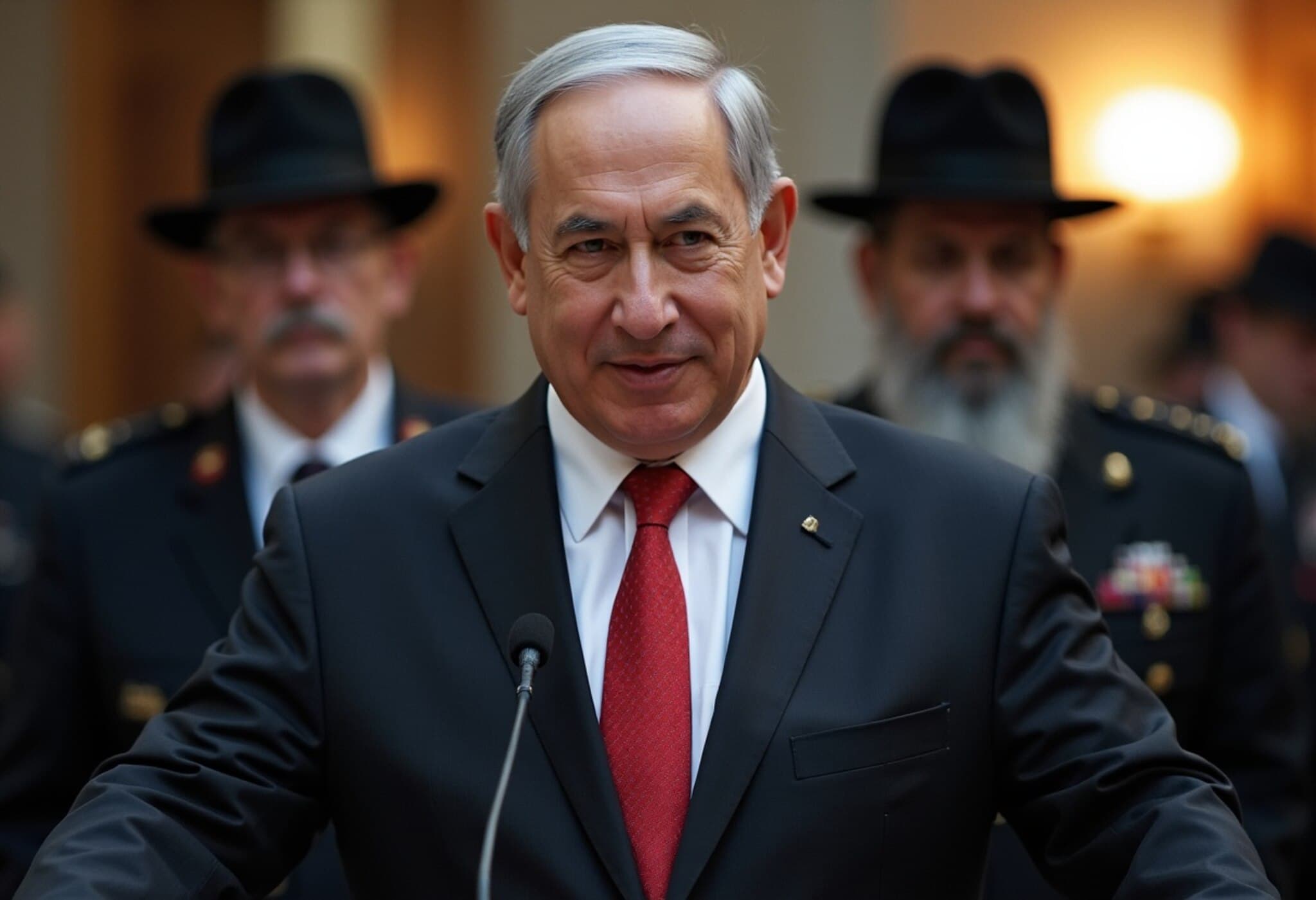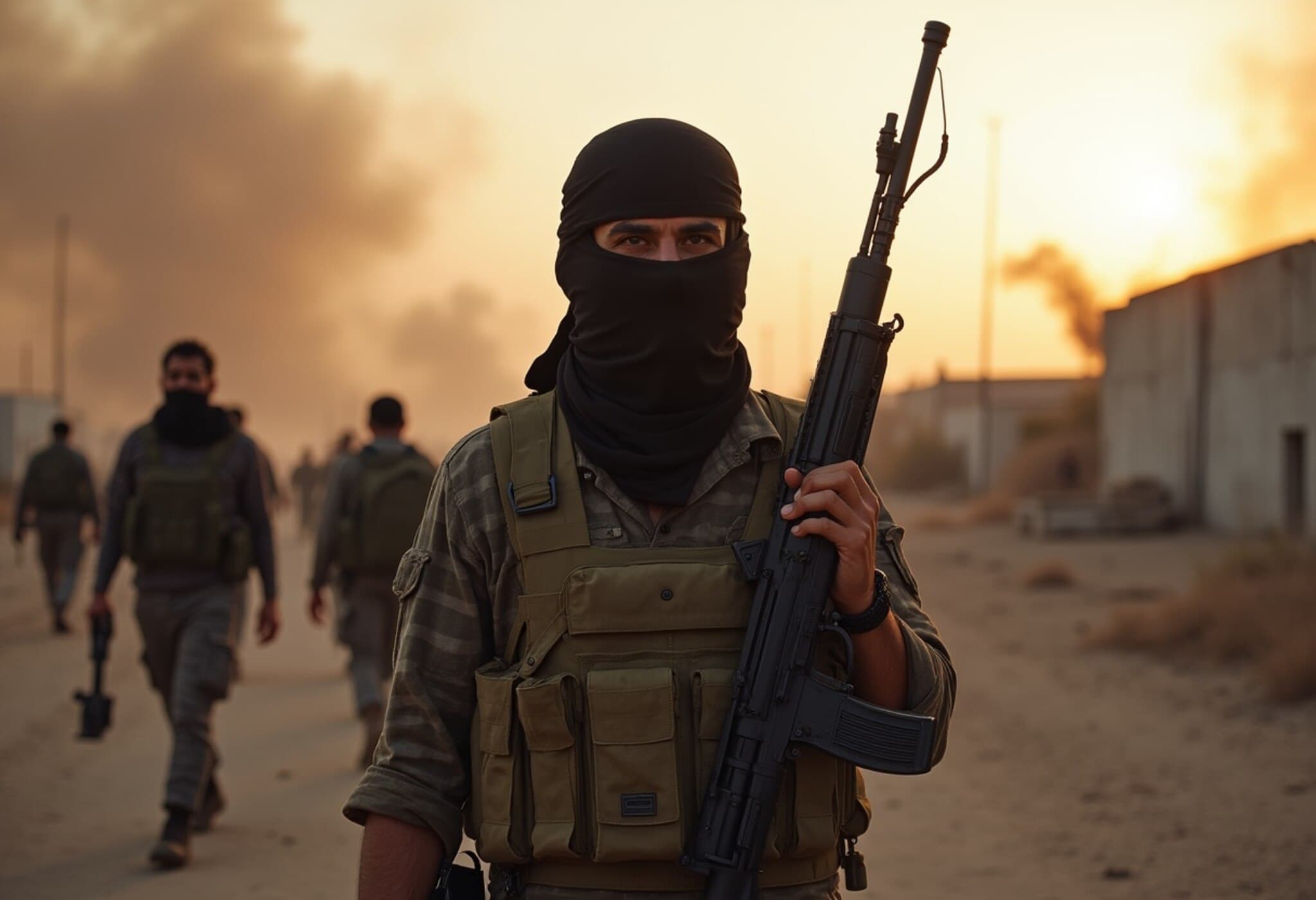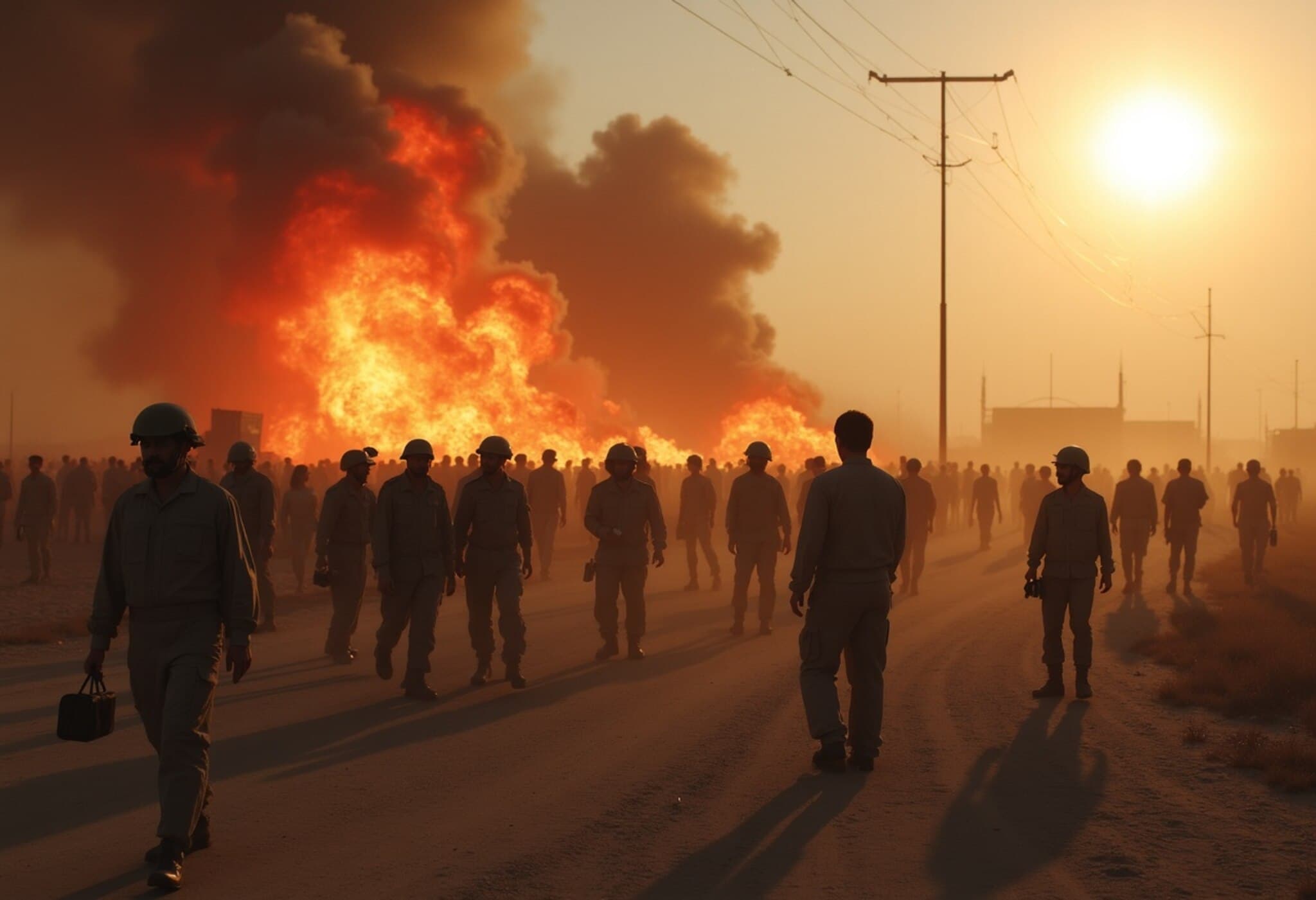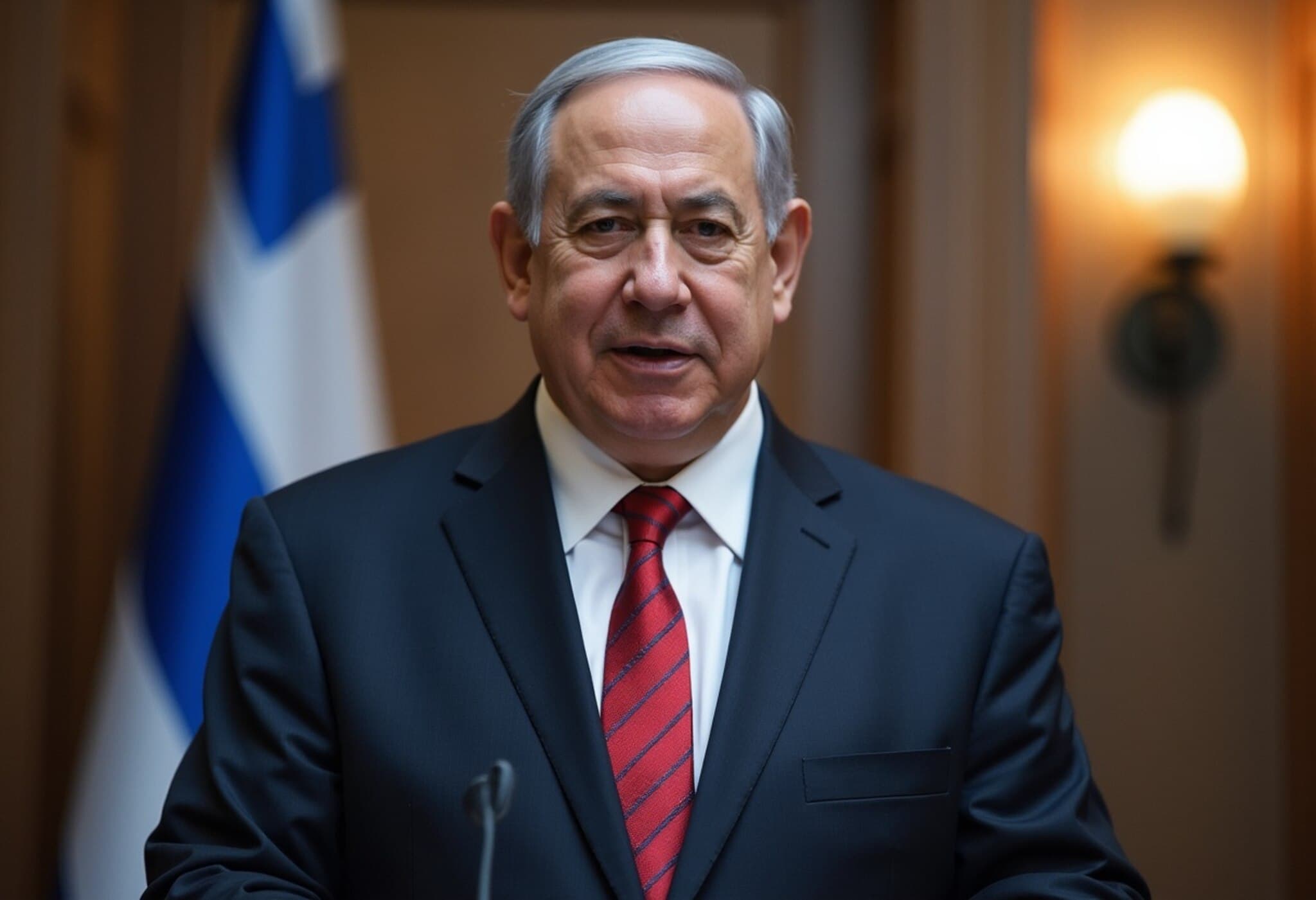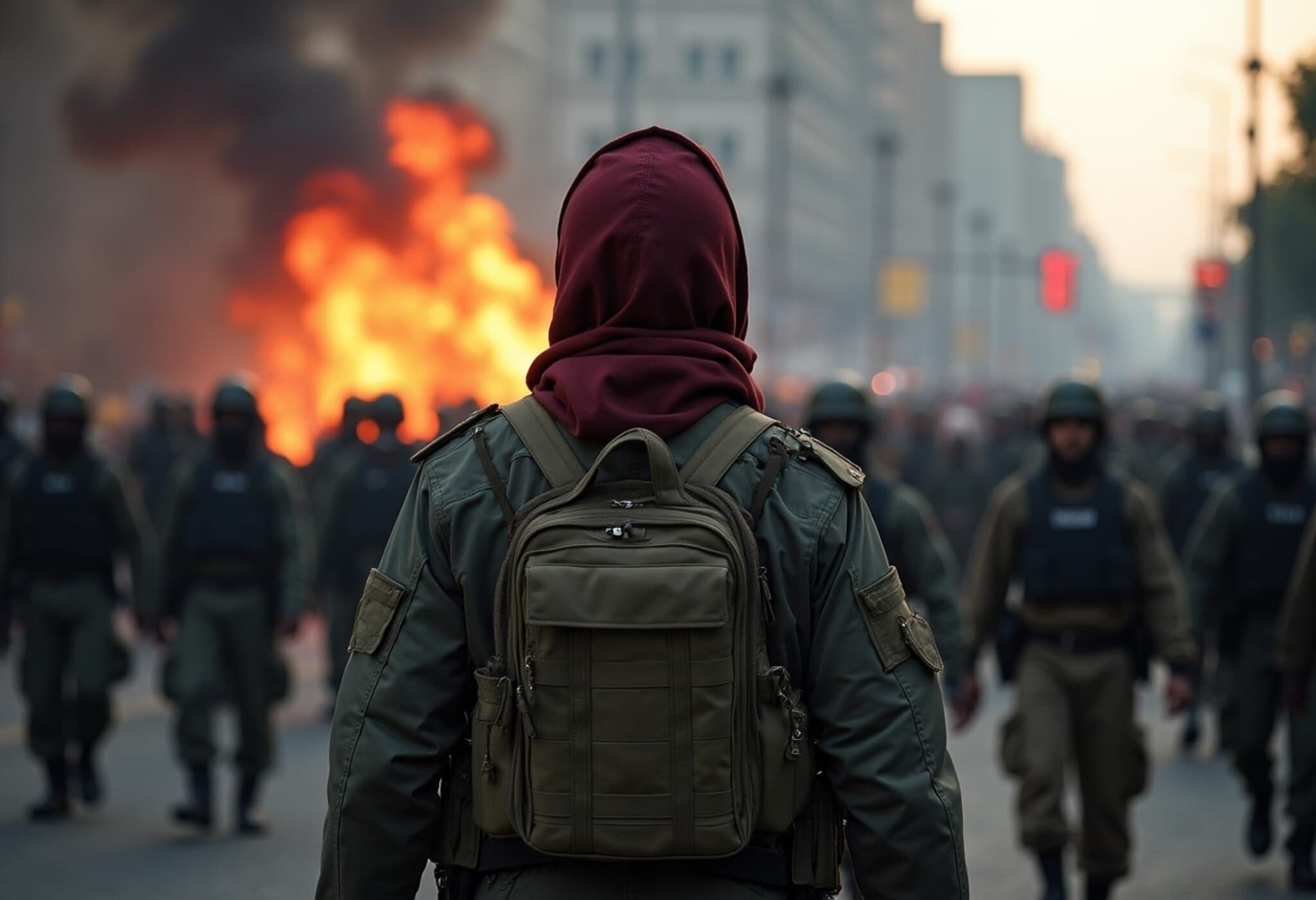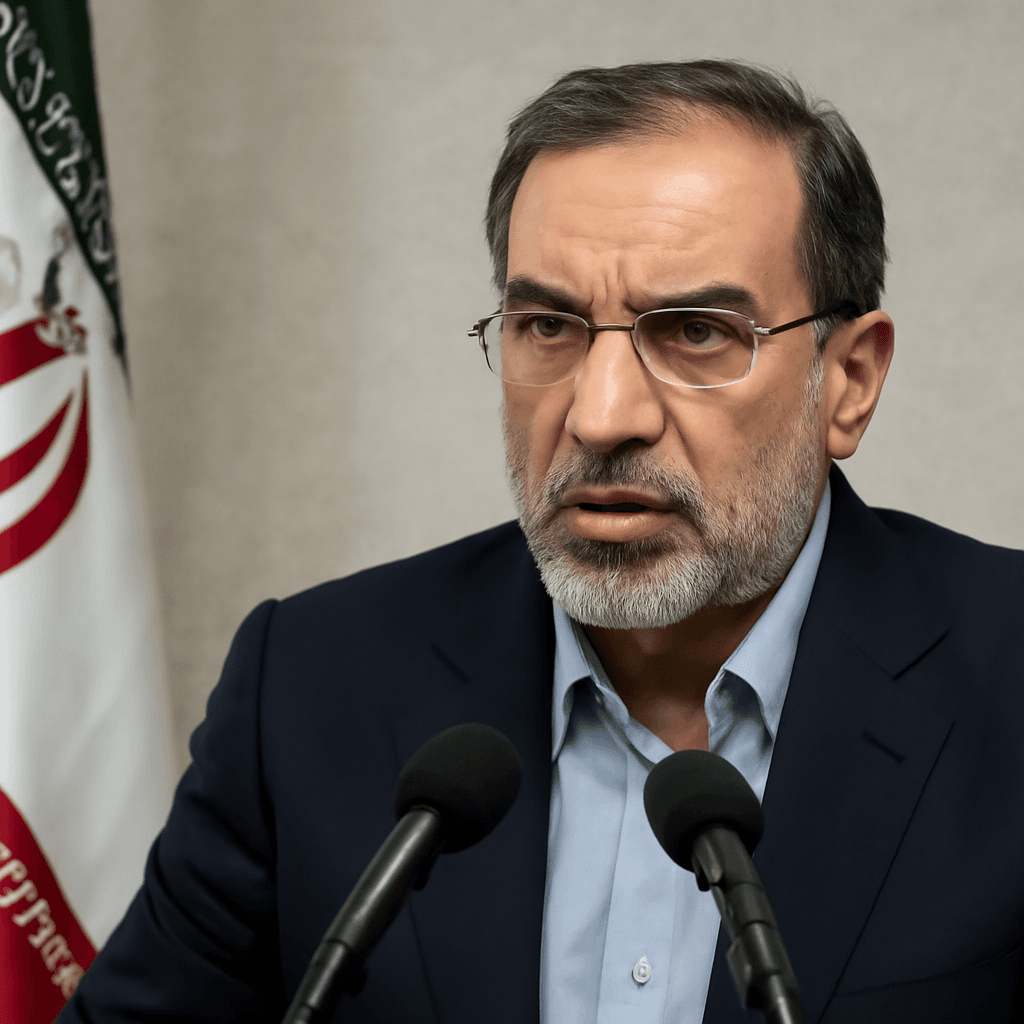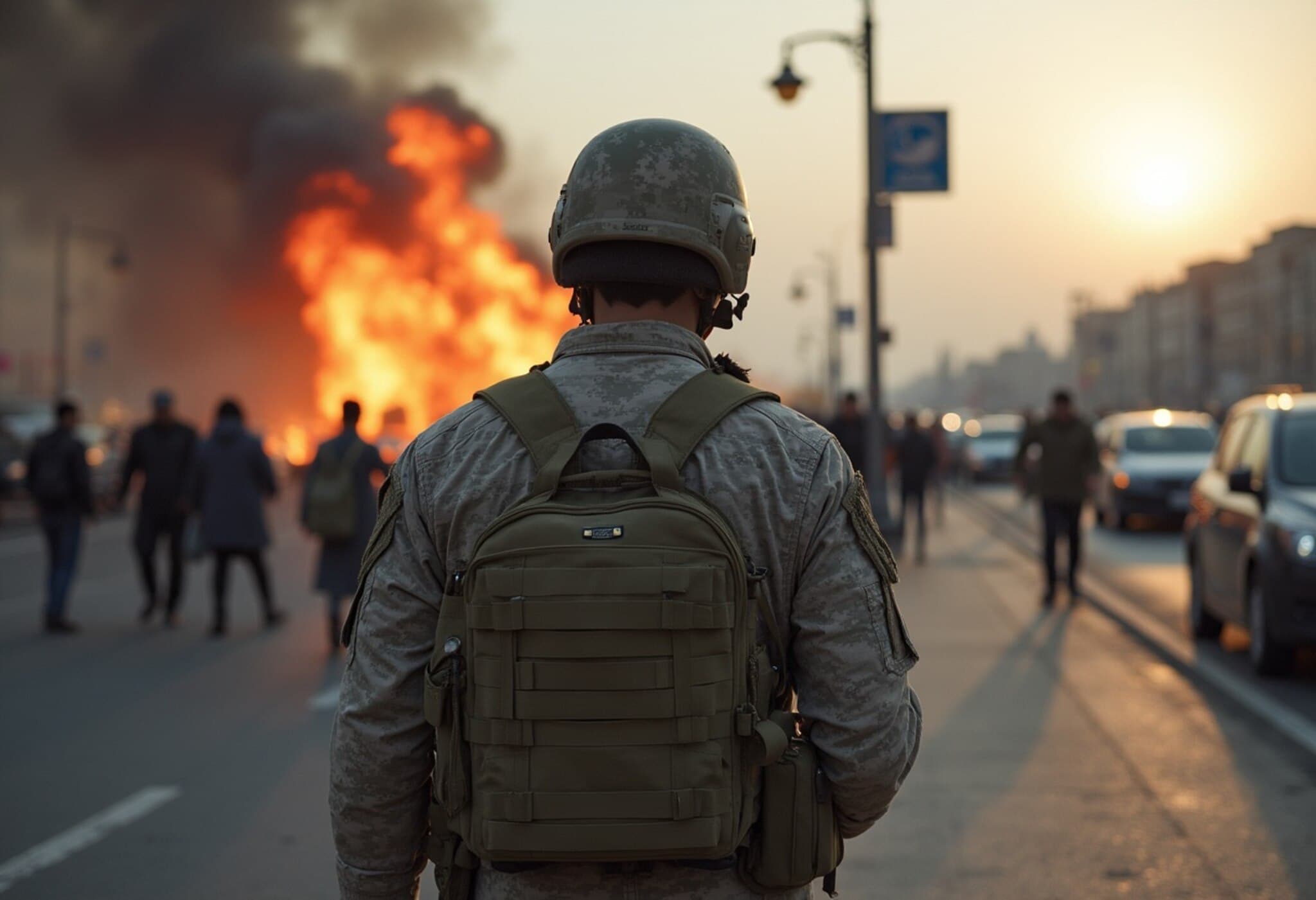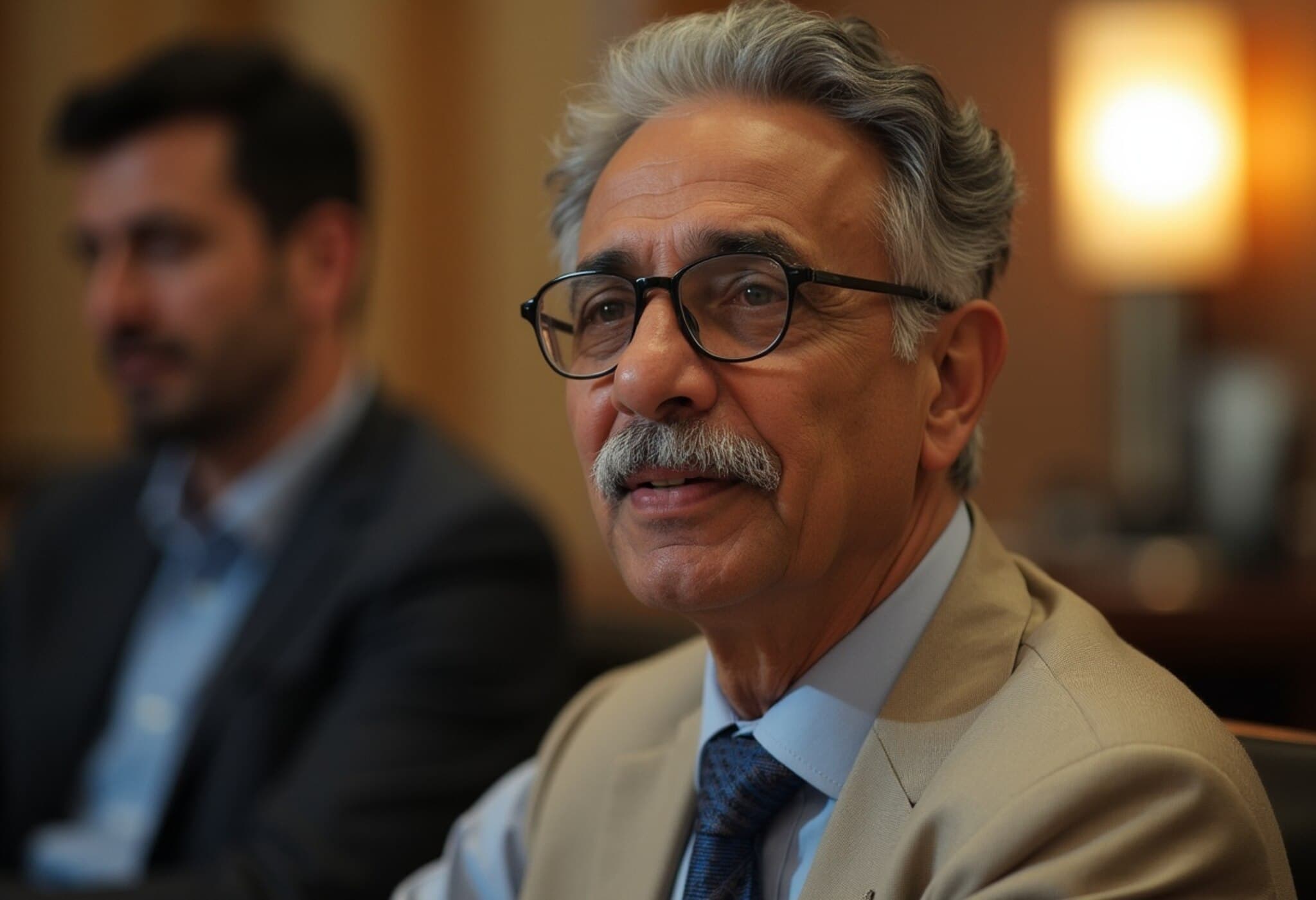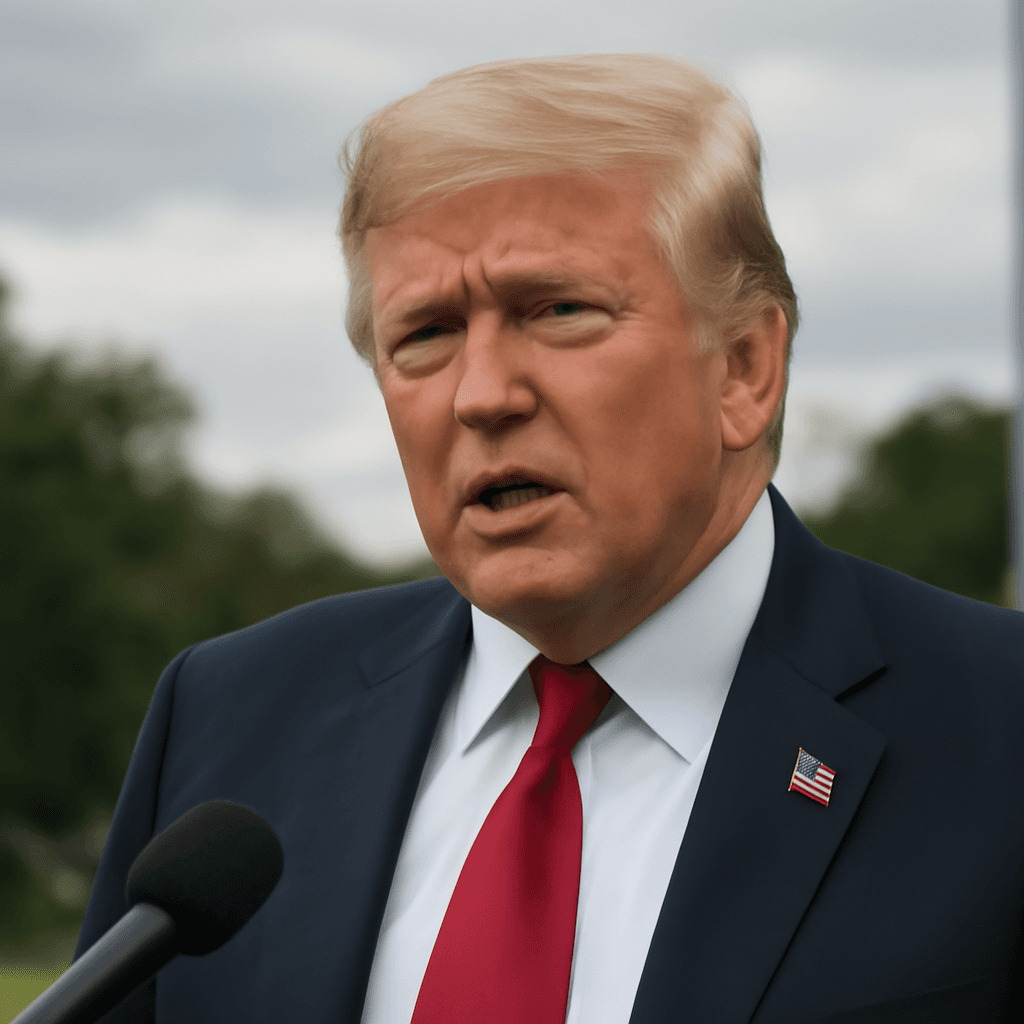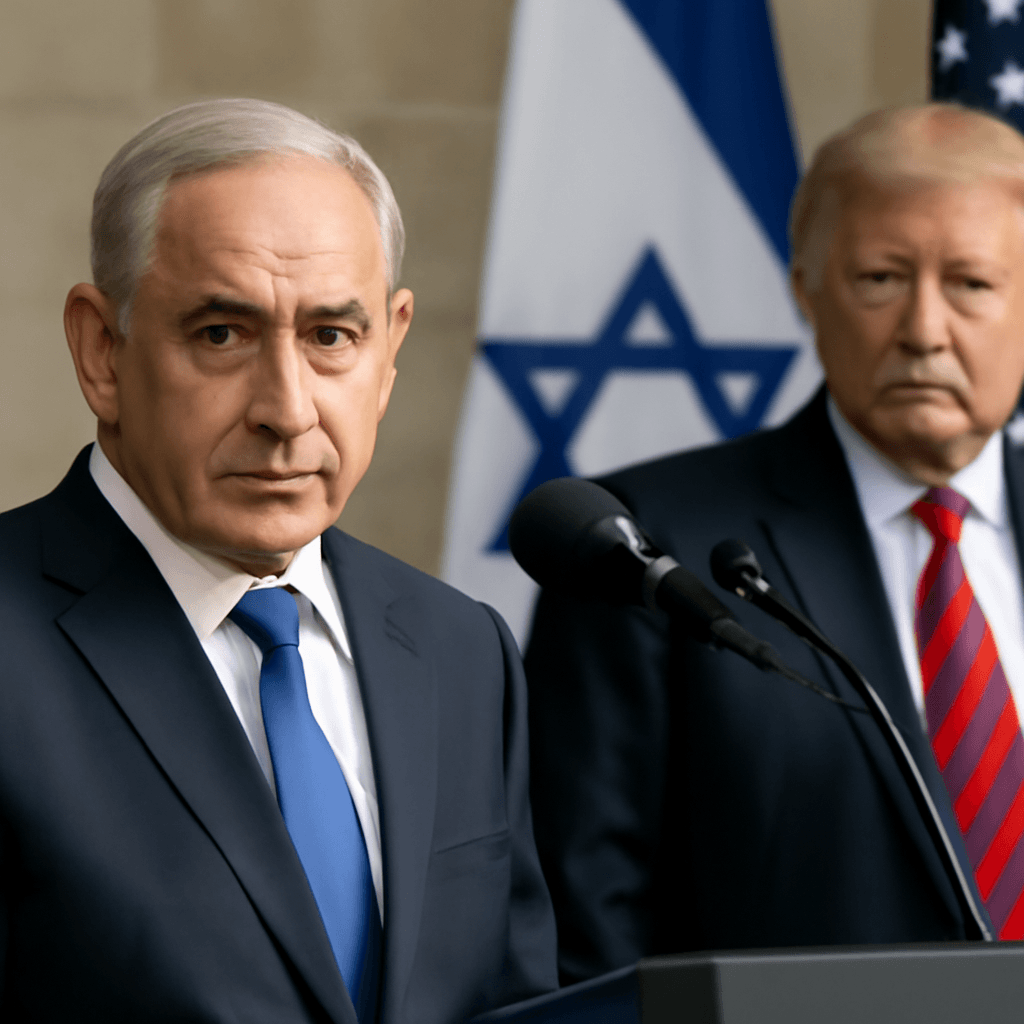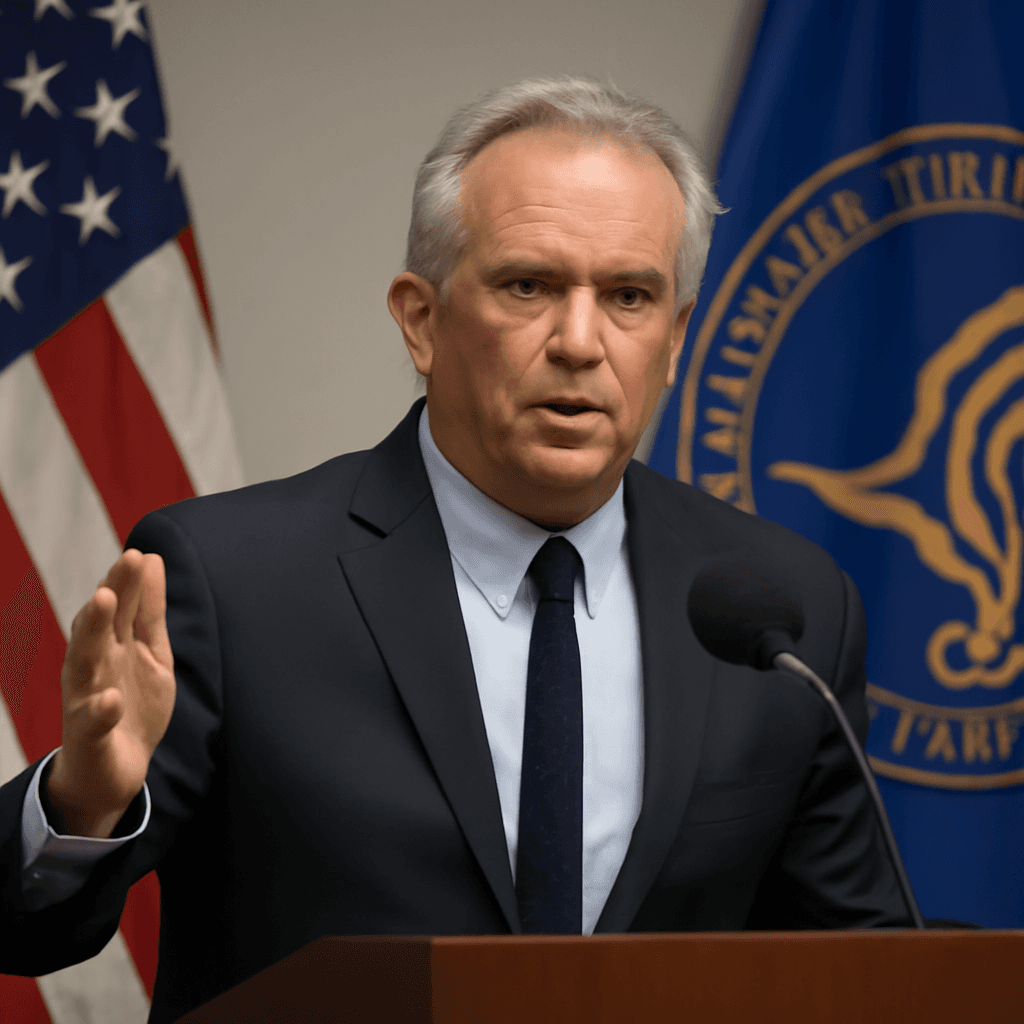Iran Executes Nine ISIS Militants Linked to 2018 Attack
On Tuesday, Iranian authorities confirmed the execution of nine Islamic State (ISIS) militants detained following a deadly incident in 2018. The country’s judiciary announced that the sentences were finalized and approved by the highest court in Iran.
Details of the Arrest and Weapons Seized
The militants were captured after a violent confrontation with Iran’s paramilitary Revolutionary Guard in the western region of the country. In the clash, three Revolutionary Guard troops and several ISIS fighters lost their lives. Authorities reportedly discovered a significant weapons cache at the militants’ hideout, including a machine gun and 50 grenades.
Execution Practices and Human Rights Concerns
Iran is known for carrying out executions by hanging, having executed a person roughly every six hours over the past eight months. Advocacy groups have raised serious concerns, noting that such death penalties frequently follow trials lacking transparency and due process. In particular, the recent executions were reportedly handed down without fair trials. Meanwhile, no updates have emerged about seven other suspects arrested alongside the executed militants in 2018.
Background: ISIS’s Presence and Attacks in the Region
ISIS, which once controlled vast territories in Iraq and Syria after declaring a caliphate in 2014, has been largely pushed back by international coalitions but remains a threat. Notably, ISIS has expanded its activities in neighboring Afghanistan since the Taliban took control in 2021.
In Iran itself, the group has claimed responsibility for several devastating attacks. A grim example occurred in June 2017, when ISIS militants attacked Tehran’s parliament and the mausoleum of the Islamic Republic’s founder, killing at least 18 and injuring over 50. More recently, in 2024, two suicide bombings targeted a memorial event for an Iranian general killed in a 2020 US drone strike, leaving at least 94 dead.
Tensions and Regional Impact
The violent clash in 2018 marked a notably tense period between Iran and ISIS. Following deadly attacks by militants disguised as soldiers during a military parade in southwestern Iran, Tehran retaliated with ballistic missile strikes against eastern Syria. Both ISIS and local separatist forces claimed responsibility for that assault, which claimed at least 25 lives.
However, Iran’s influence in Syria has waned after the fall of President Bashar Assad in 2024, leaving a power vacuum. Experts warn that ISIS may exploit this instability to regroup and expand as Syria’s new leadership struggles to consolidate control and build a unified national army.
Looking Ahead
As ISIS continues to pose security challenges across the region, Iran’s recent executions underscore the country’s determination to crack down firmly on militant threats. Yet, matters of judicial fairness and human rights remain areas of international concern. The evolving geopolitical landscape, especially in Syria and Afghanistan, will likely shape the group’s future activities and regional security dynamics.




